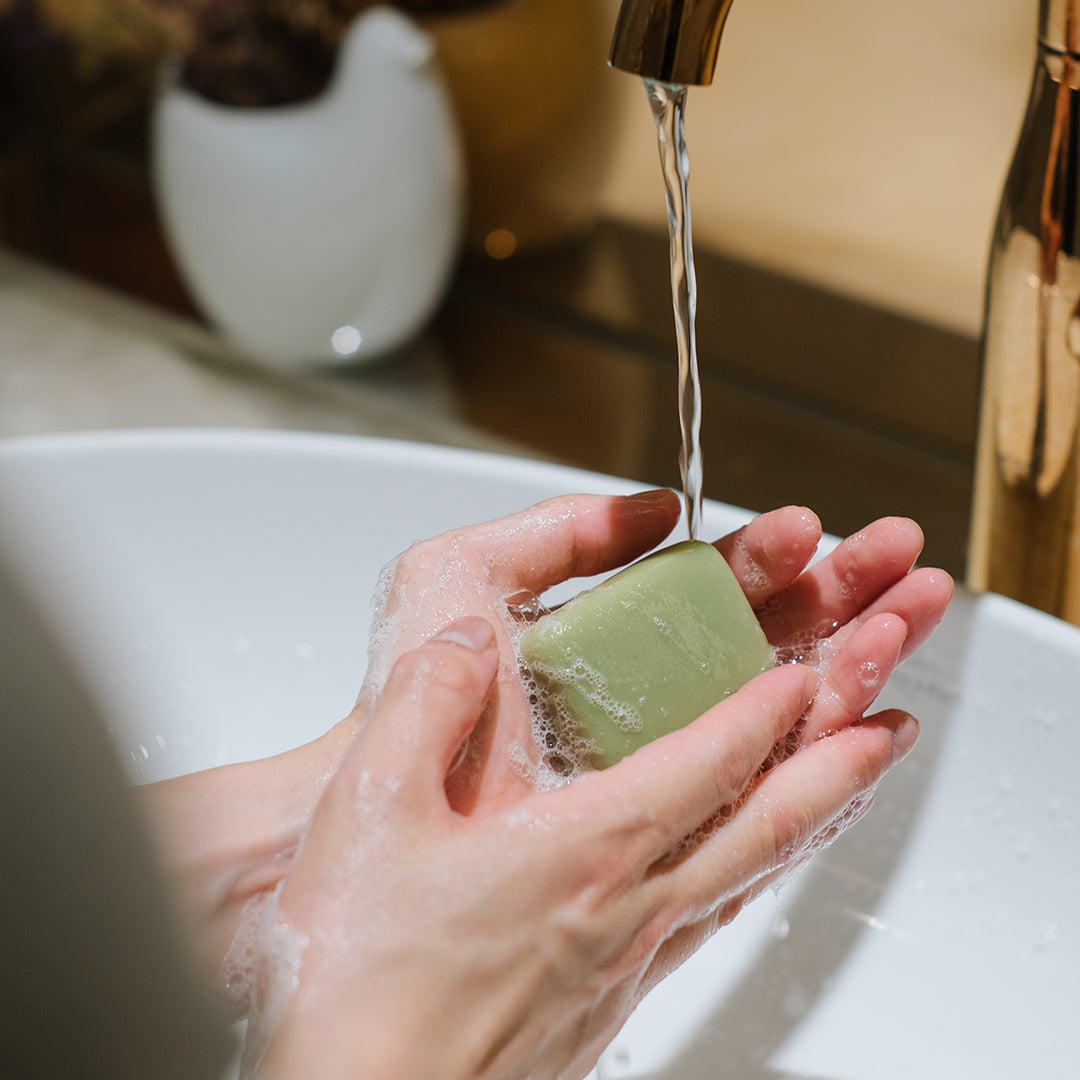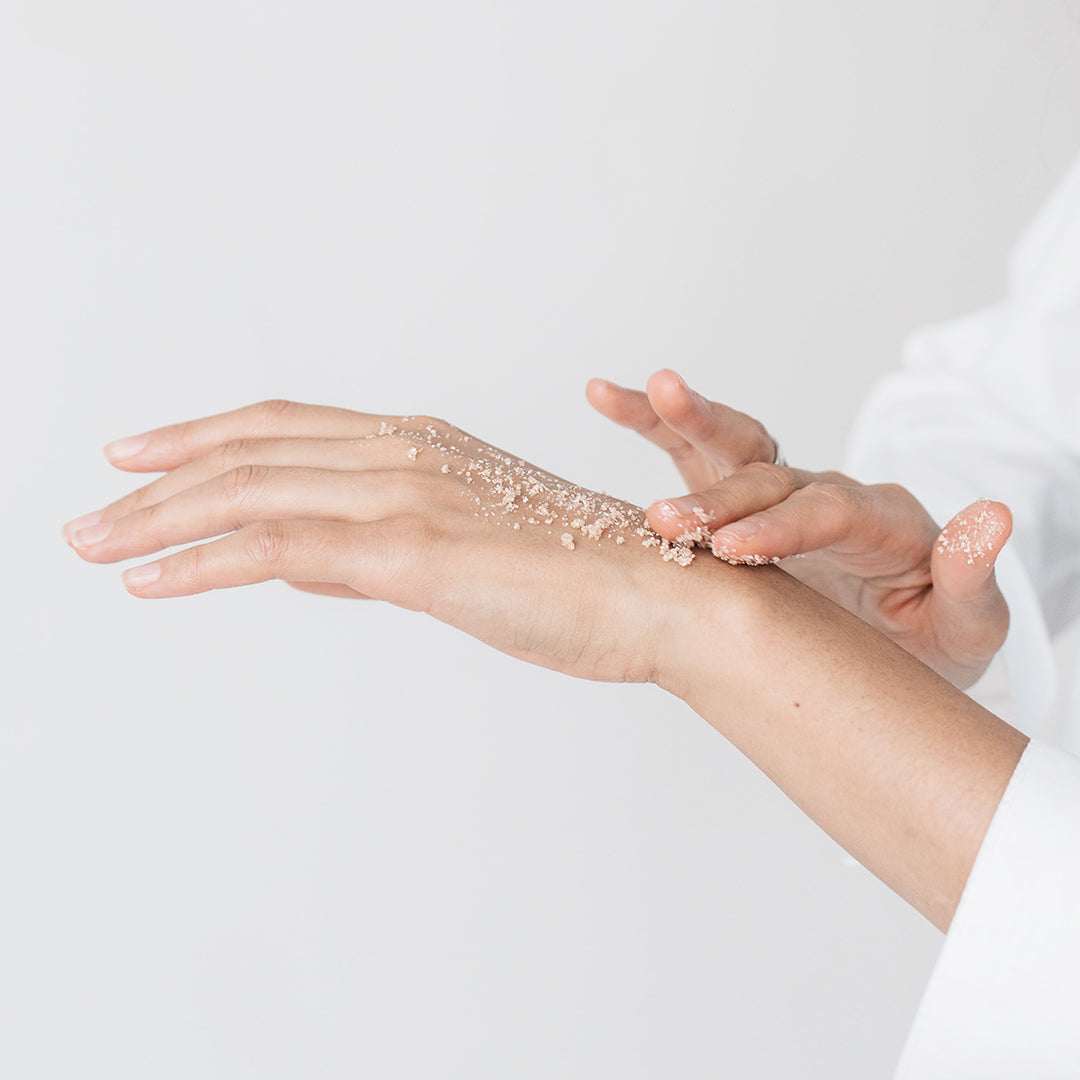Debunking Myths about Antibacterial Soaps

Since the onset of the COVID-19 pandemic, hand hygiene has taken center stage in our daily routines. We have diligently sought out products that claim to kill germs and keep us safe, with antibacterial soaps often topping the list. However, is antibacterial soap really more effective than regular soap? In this blog post, we will explore and delve into the truth behind antibacterial soaps and debunk 3 myths about antibacterial soaps.
Myth 1: Antibacterial soaps are more effective than plain soap and water
For years, many of us have believed that antibacterial soaps provide better germ-killing abilities than plain soap and water. However, the FDA has stated that there is no scientific evidence to support this claim. In fact, plain soap and water have been found to be equally effective at removing germs from our hands. The mechanical action of rubbing your hands together with soap creates friction that dislodges dirt, oils, and microbes, which are then rinsed away by water. So, don't be swayed by the marketing claims — plain soap and water are the true heroes when it comes to hand hygiene.
Myth 2: Antibacterial soaps provide long-lasting protection
Another misconception surrounding antibacterial soaps is that they offer prolonged protection against germs, keeping our hands germ-free long after washing. However, this is simply not the case. FDA has clarified that the antibacterial agents present in these soaps do not provide a significant and lasting benefit. Once you rinse off the soap, any antibacterial residue is washed away, leaving no long-term protection. Therefore, frequent handwashing with plain soap and water is still the most effective way to maintain hand hygiene and reduce the risk of infection.
Myth 3: Antibacterial soaps are safe and harmless
Many of us assume that if a product is readily available on store shelves, it must be safe for regular use. Wrong! The FDA has specifically called out two common ingredients found in these products, namely triclosan and triclocarban. Studies have shown that these chemicals may have adverse health effects, such as disrupting hormone regulation and contributing to the development of antibiotic-resistant bacteria. To ensure the safety of your hand hygiene routine, it is best to opt for plain soap and water, which poses no known health risks.
For a gentle hand soap that is safe and effective for you and your family — we recommend Musoap's natural soaps that are not only efficacious, but they also ensure that your skin doesn't dry out while washing. For those with sensitive or dry skin, we suggest trying the fragrance-free option, 01/RICE, for a soothing and gentle experience.
References:
FDA Consumer Update: Antibacterial Soap? You Can Skip It, Use Plain Soap and Water. [https://www.fda.gov/consumers/consumer-updates/antibacterial-soap-you-can-skip-it-use-plain-soap-and-water#:~:text=How%20do%20you%20tell%20if,a%20product%20contains%20antibacterial%20ingredients.]
- Tags: Skincare



